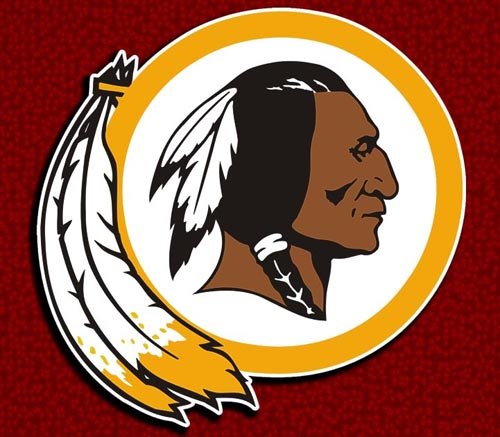
I was struck when I opened the Washington Post the other day and saw the headline on a front-page story: “Poll: Area residents want Redskins to keep name.” Approximately 61 percent of area sports fans feel that the Washington Redskins should keep their name despite the fact that large numbers of Native Americans and their supporters recognize it to be a racist insult.
I am not sure why I was surprised. The Washington, D.C. area has a love affair with the Washington football team, and this includes large numbers of African Americans. There have been many groups and individuals who, over the years, have requested that the name of the team be changed. There have been conferences concerning this and testimonies offered to the effect that the name is a racist insult to Native Americans, the equivalent of calling them the “Washington Niggers.” Despite these pleas, the owners of the team and their allies have refused to relent. I am sure that after reading the results of the poll they feel vindicated.
Within the story there was an interesting parenthetical point: “There weren’t enough Native Americans among the poll’s 1,106 respondents for meaningful comparison; Native Americans make up less than 1 percent of the population in the region, according to Census data.”
Would this debate look somewhat different if we were discussing an issue affecting a larger percentage of the population? One of the hypocrisies of U.S. society is that there are names of rivers, bridges, roads, parks, cars, trucks, sports teams and other items derived from the names of populations that have ceased to exist as a result of one of the world’s most horrendous cases of genocide. We encounter these names every day and never stop to think about the significance of this fact. We then create bizarre representations of these populations as if it is all in good humor, e.g., the Atlanta Braves ‘tomahawk chop’; entitling a team the “Washington Redskins.” We rarely stop to think that those who are directly insulted by such representations are the descendants of those who faced a genocide which many people in the U.S.A. continue to glorify.
To sit back and find justification for the ongoing usage of such racist imagery is, in fact, to not only turn a blind eye to a racist insult, but it is to be complicit—after the fact—in the subjugation of the Native American. That may sound like harsh language but I cannot put it any other way. Although football may be a game, the manner in which Native Americans are characterized and caricaturized in this society is anything but a game. These representations, irrespective of the platitudes all too often offered, serve to turn Native Americans, their history and culture, into the equivalent of ornaments. As a result, the Native American becomes no longer a person but instead an exotic idea or myth. And rather than face the full consequences of the genocide that was perpetrated against them, and the continued racist treatment that they face (in the media, with the police, etc.), too many of us seem to take the position that there is no harm done in using or repeating such caricatures.
Tens of millions of Native Americans were killed as a result of the European invasion of the Western Hemisphere. I am still finding it difficult to consider any of that fun and games.
Do you?
Bill Fletcher, Jr. is a Senior Scholar with the Institute for Policy Studies, the immediate past president of TransAfrica Forum, and the author of “They’re Bankrupting Us” – And Twenty Other Myths about Unions. Follow him on Facebook and at www.billfletcherjr.com.
